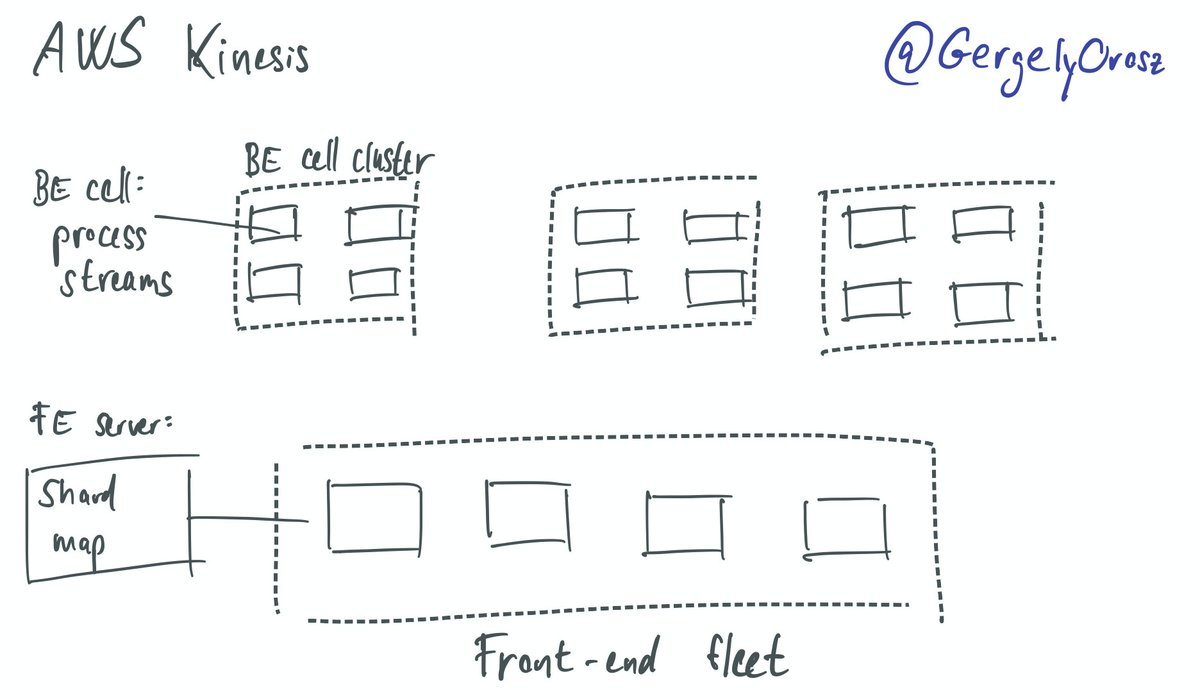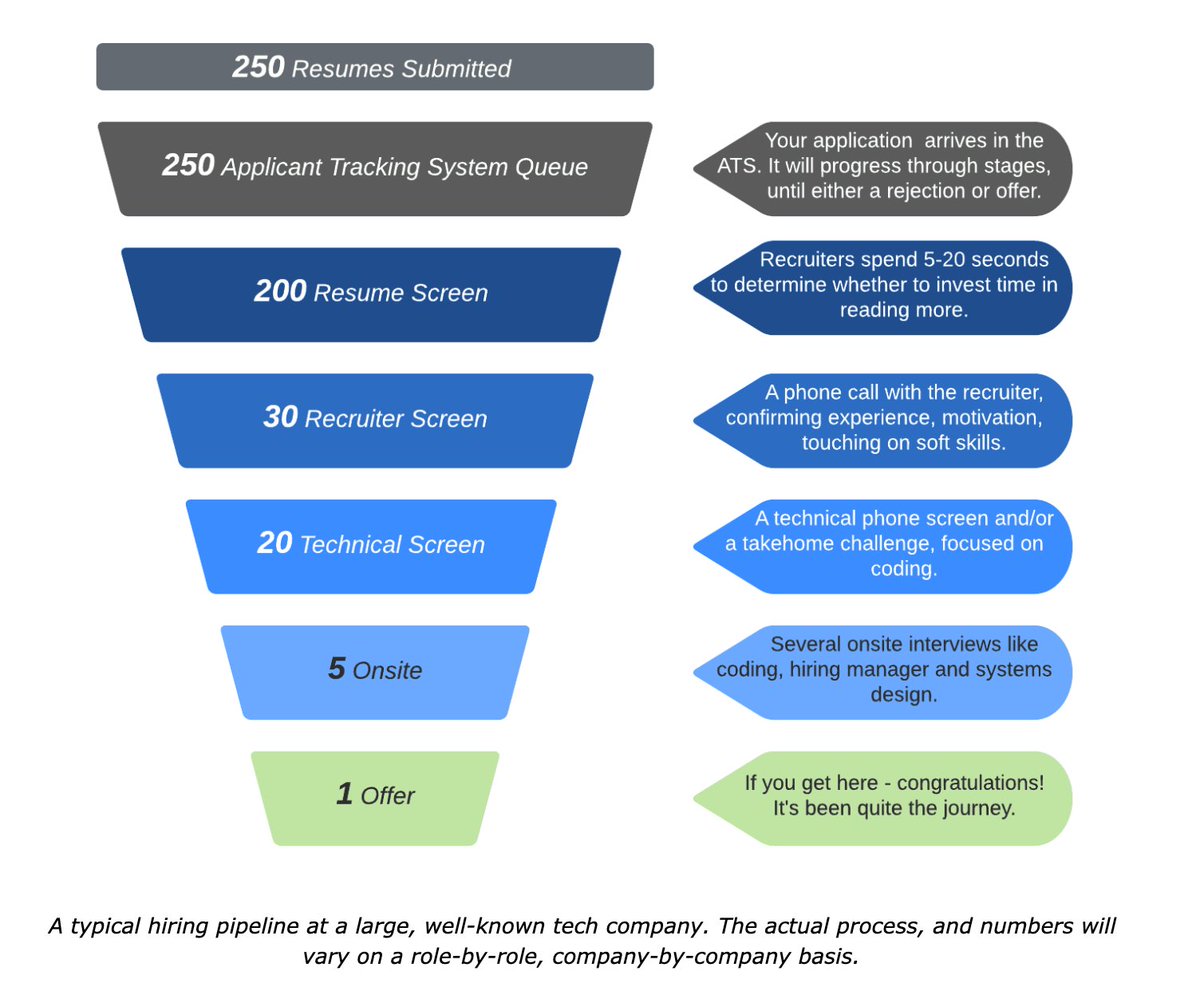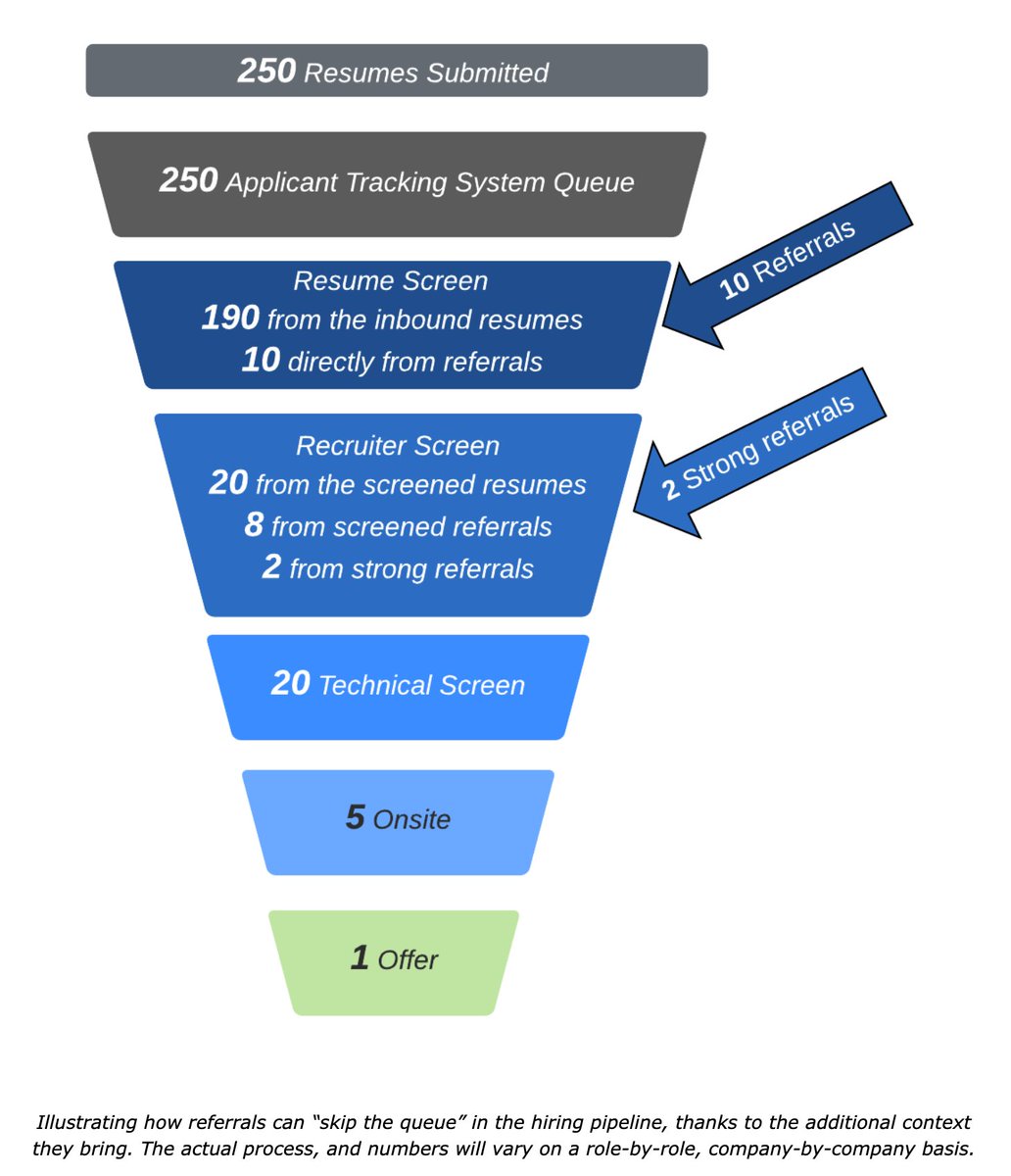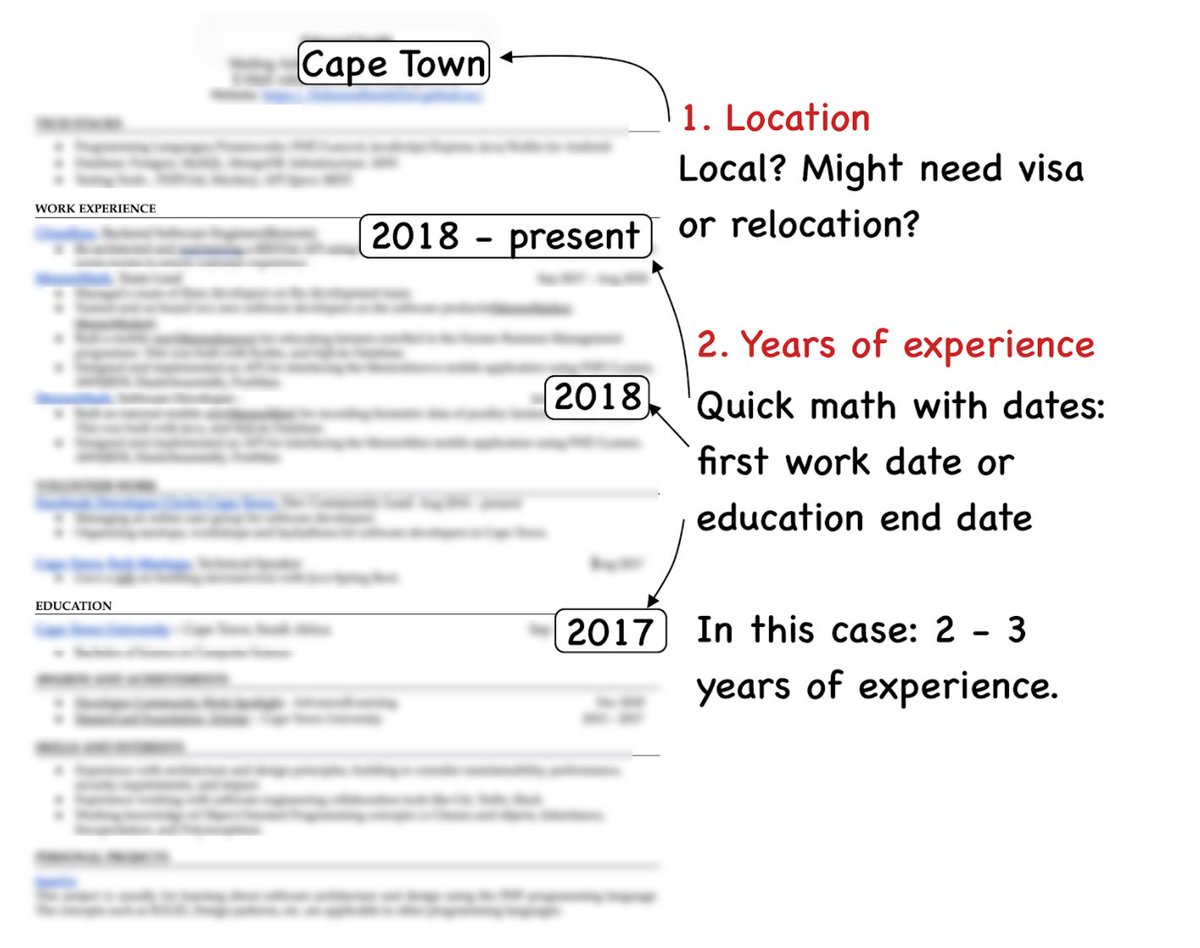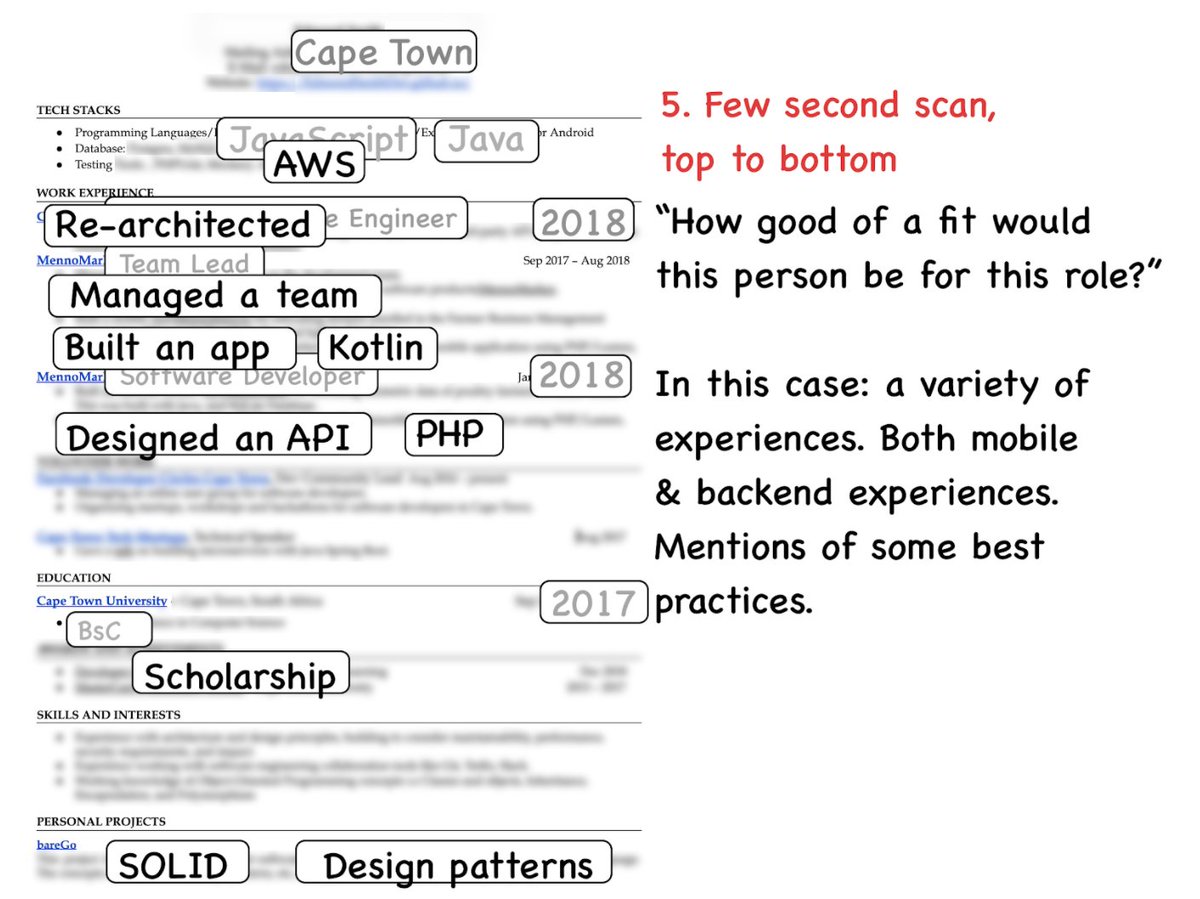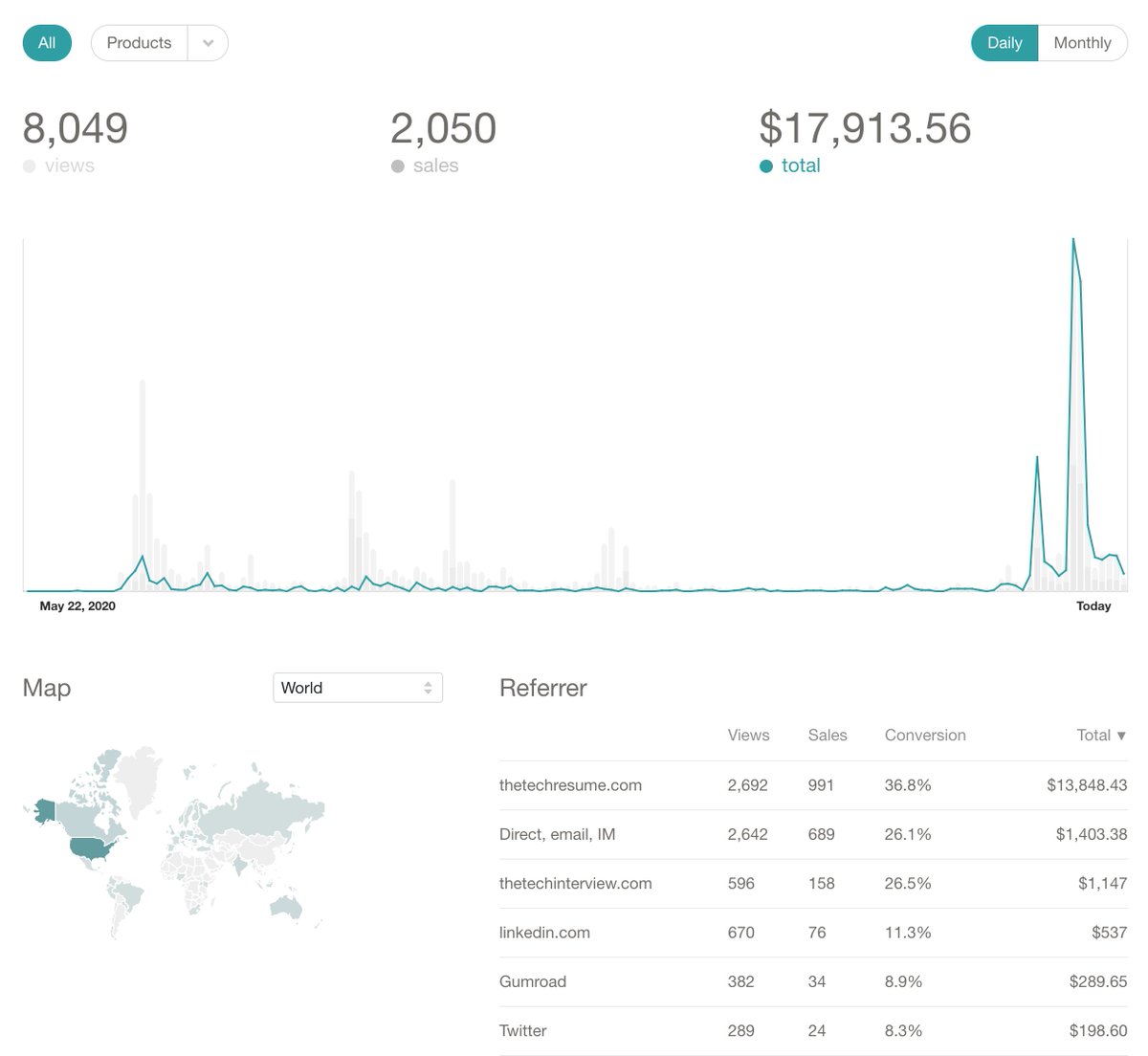
I've learned more about startups by self-publishing a book than with years of reading. I wrote a post about this: blog.pragmaticengineer.com/want-to-start-…
Thread on 7 things I now have more appreciation for, having experienced them first hand.
Thread on 7 things I now have more appreciation for, having experienced them first hand.

1. Marketing. "Build it and they will come" is not how products (or books) are bought. You need a marketing plan.
I put one together late: and delayed the launch to get some of the marketing ideas going. It was worth it, in the end.
I put one together late: and delayed the launch to get some of the marketing ideas going. It was worth it, in the end.

2. Media exposure. My own "marketing network" was far smaller compared to exposure on a large publication (like HN). You can't really plan for or rely on this as marketing, but these are bigger waves than one can expect. @philip_kiely has a similar story. 

3. Advertising: I'm starting to "get" why it's here to stay.
If this was a product my success/livelihood would depend on, I'd *need* to turn to advertising and trial options. Can I pay $$ and make $$$? How can I reach people who would want to by my product/book?
If this was a product my success/livelihood would depend on, I'd *need* to turn to advertising and trial options. Can I pay $$ and make $$$? How can I reach people who would want to by my product/book?
4. Content marketing and growth hacking.
Advertising is expensive! Instead of spending $$$ on ads, you could try to spend $$ on content marketing and growth hacking.
And a lot of companies - including in tech SaaS are doing this, big time. I did guest posts, no growth hacking.
Advertising is expensive! Instead of spending $$$ on ads, you could try to spend $$ on content marketing and growth hacking.
And a lot of companies - including in tech SaaS are doing this, big time. I did guest posts, no growth hacking.
5. SEO optimization. Wow, is this a black hole. So much money can be spent, so many tools... for the promise of a continuous stream of visitors/revenue.
My SEO is not great, but I'm now #1 for "developer resume book" and might get a few sales this way.
My SEO is not great, but I'm now #1 for "developer resume book" and might get a few sales this way.

6. Customer support: I now have customers! Some who demand refunds. And I'd like to find out what went wrong.
It's harder to get this information - especially after issuing a full refund.
It's harder to get this information - especially after issuing a full refund.
7. Accounting, admin and the works. Setting up a legal entity, doing the paperwork, the taxes: I do as much as I can myself - paying for advice. It's nice to confirm how this works. Plus, after years of payments engineering, I should be able to do this.
In summary: selling something online gets you exposed to so much more of the business flow beyond just building. All of this relatively risk-free.
And all of this felt like a "bootcamp" with knowledge I'd all use if kicking off a startup.
Full article: blog.pragmaticengineer.com/want-to-start-…
And all of this felt like a "bootcamp" with knowledge I'd all use if kicking off a startup.
Full article: blog.pragmaticengineer.com/want-to-start-…
• • •
Missing some Tweet in this thread? You can try to
force a refresh

